2025 ACM Awards
We’re beyond thrilled to celebrate our incredible MAX artist partners who’ve secured nominations for the 2025 Academy of Country Music Awards—our...
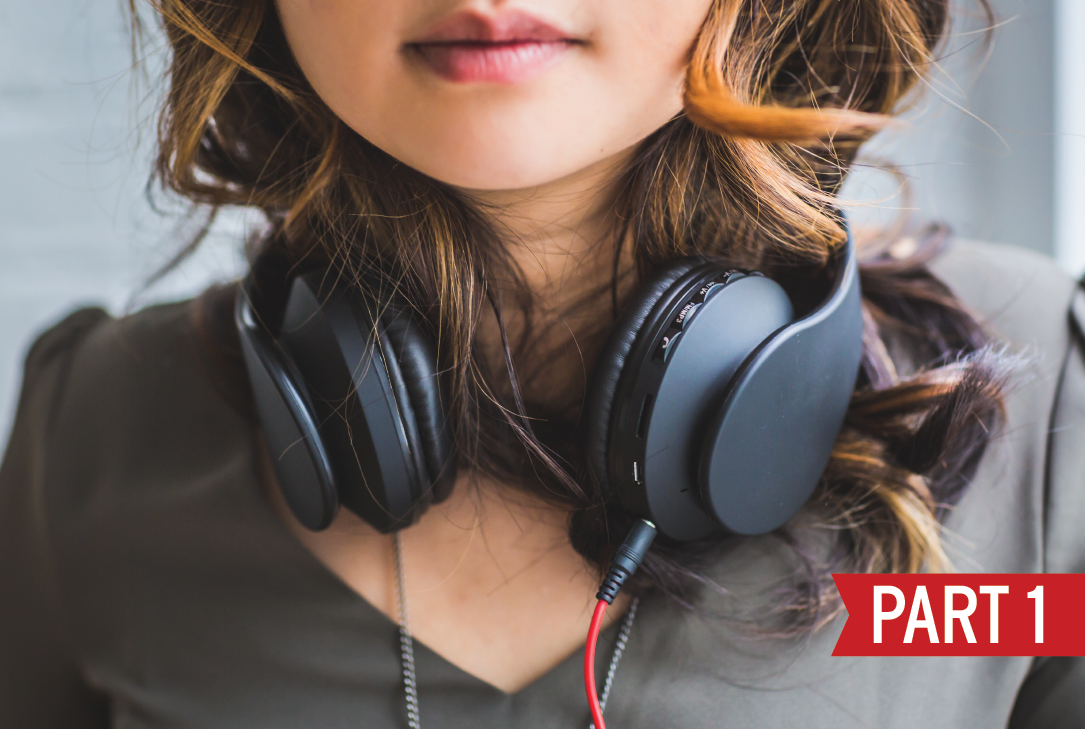
What if I could tell you the type of car someone is inclined to drive, if they drink soda or beer, if they enjoy being outdoors, or even what city they live in just by looking at the music they listen to. This is not only possible; it’s happening right now.
That is the power of music — it’s not only one of the most powerful ways to communicate, but it is also strongly related to personal identity. The music we love doesn’t just represent our personal preferences; it defines who we are. Brands that understand this will engage their target audiences better, developing deeper relationships with them and driving future success.
When we hear that someone is a member of a particular music fandom, we make assumptions about who they are as a person, what beliefs they subscribe to, the political affiliations they have, and the ethical code that informs them. When you hear that someone followed Phish one summer, who do you picture? What about someone who has seen Luke Bryan in concert more than 20 times? Or someone who identifies themselves as one of Gaga’s Little Monsters?
While we can easily picture a stereotypical fan for each of the artists mentioned above, our individual musical tastes (and our personalities) are much more complicated. Most of us don’t listen to just one artist, and there is usually a multitude of genres and styles, that make up our personal playlists. When we start adding circles to the Venn diagram of our musical tastes, with each circle representing a specific artist’s fandom, the section we occupy gets smaller and smaller, and the definition of who we are becomes more precise.
In 2017, Music Audience Exchange (MAX) conducted a personal identity study with i360 that asked participants, “For each of the following things you could have in common with someone, how strongly would this suggest they are ‘like you,’ versus being essentially meaningless?” Shared taste in music was the number one factor that we use to identify people who are like us — ahead of politics, religion, and favorite sports teams. The strength of this correlation shows that music has the power to connect people across cultures.
While our musical preferences help us to define ourselves as individuals, they also influence how we relate to other people. According to a recent study, children as young as four and five years old prefer companions who like the same type of music as they do. This affinity for those who share our musical tastes grows stronger as we enter adulthood. Just as we made inferences about a person’s identity based on their musical preferences, we make assumptions about whether we can relate to that individual on a personal level based on whether we share any of those musical preferences.
The ability of music to connect us stems from its power to impact us on a deep, personal, emotional, and, perhaps, spiritual level. When someone shares the love of a song or an artist, it sends a signal that we understand one another, that we are like one another. Music becomes a universal language; a shared experience that connects us at the root of who we are. These bonds help us to see other people as kindred spirits and enable us to communicate more openly with people who, other than having shared musical preferences, may be very different from ourselves.
Today, smartphones and streaming services allow us to engage with music anytime, anywhere. According to Nielsen’s 2017 Music 360 Report, the average American listens to 35.7 hours of music each week listening to music on more than three different devices. These numbers increase with Millennials, who spend an average of 39.7 hours each week listening to music. Music has become a daily part of our lives, and evolving technology continues to change the way we consume and discover music.
Music fans are increasingly tuning into playlists for music discovery, a trend brought on by the streaming era. Music streaming services today, like Spotify or Pandora, give listeners the opportunity to find new artists through stations developed by taste-predicting algorithms and playlists curated by people. As our music libraries grow, so do the opportunities to connect with people on a more meaningful level.
What does all of this mean for brands? The fact is, music’s power to connect extends beyond bonding people together. Music can be tied to a moment in time; to a feeling; to a place; and, yes, to a brand. If a brand wants to send a signal to their target audience that they understand them and are like them, there is no better way than through the music that they love. In this series, we will examine the ways that music is helping brands connect with consumers, and how a deeper understanding of the power of music to unite can lead to stronger brand loyalty and more meaningful relationships with consumers.

Music Audience Exchange (MAX) was founded in 2014 with a mission to help champion incredible music and the artists who make it through strategic, data-driven partnerships with brands. MAX brings brands into the music promotional space in a way that puts engaging content into the world through a value-exchange model that drives the brand’s objectives and elevates breakthrough bands along the way. If you’d like to learn more about Music Audience Exchange and what a music promotion program would look like for your brand, send us a note.
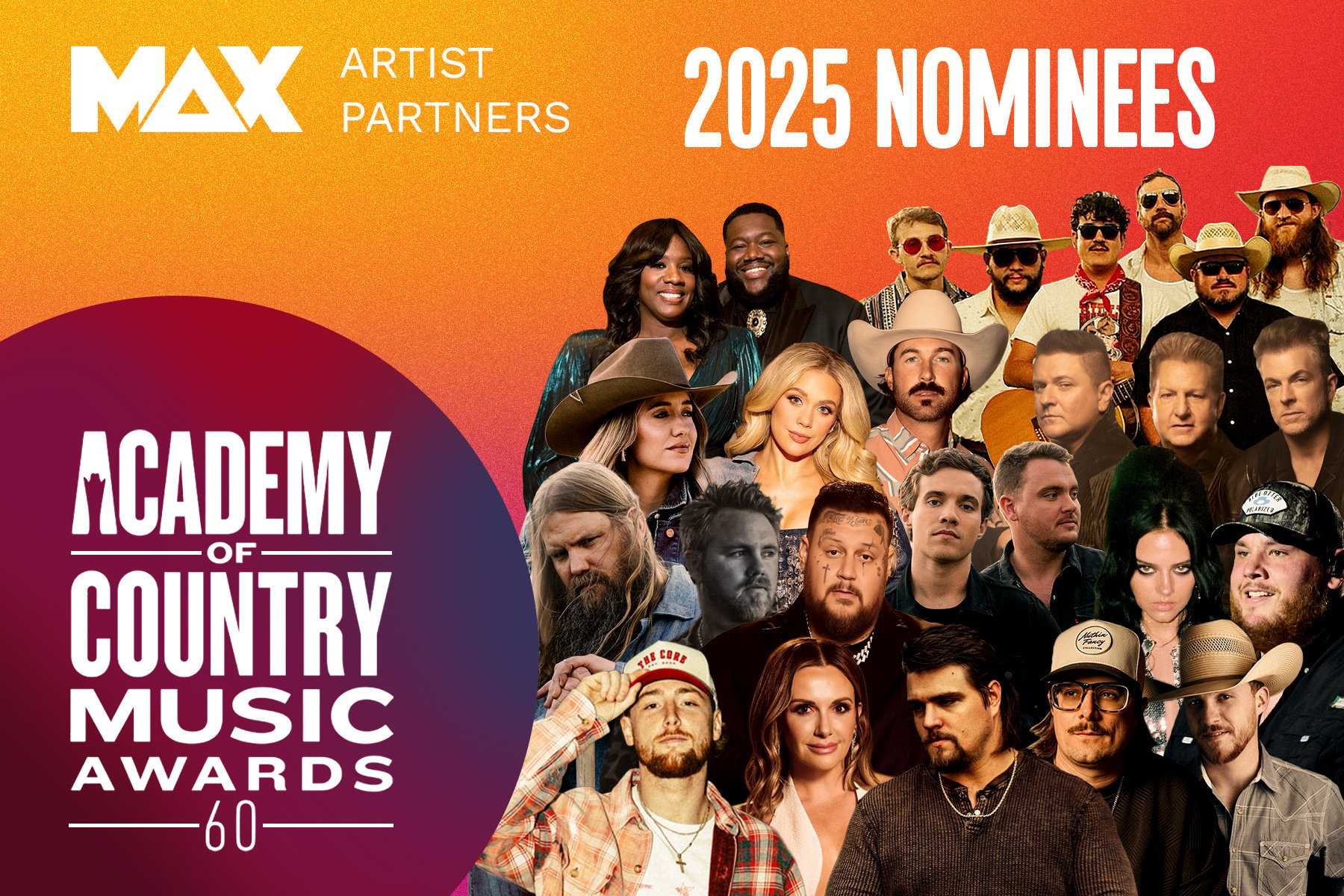
We’re beyond thrilled to celebrate our incredible MAX artist partners who’ve secured nominations for the 2025 Academy of Country Music Awards—our...
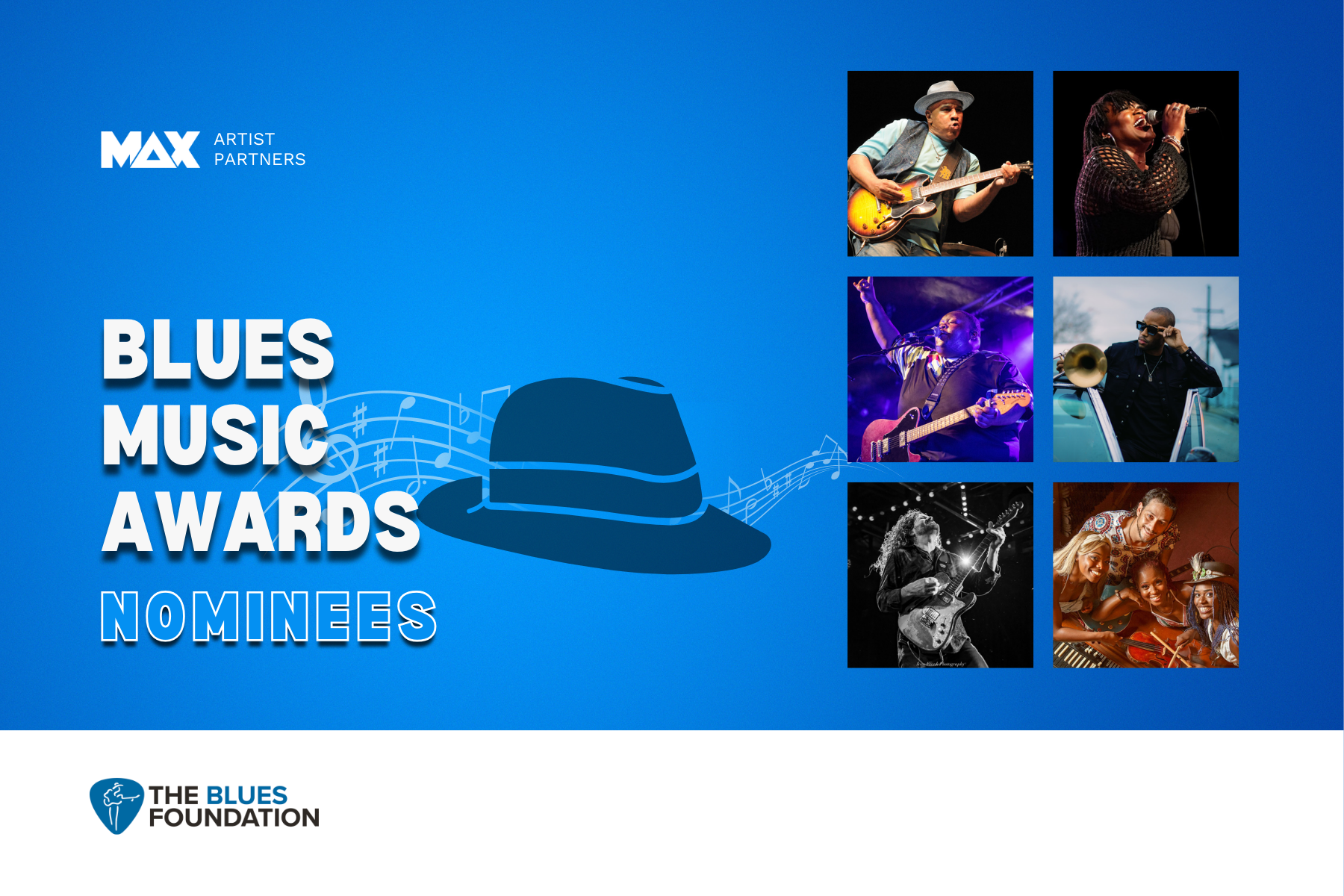
We’re fired up to celebrate our incredible artist partners who are nominated for the 2025 Blues Music Awards! 🎶🏆Blues music may be timeless, but...
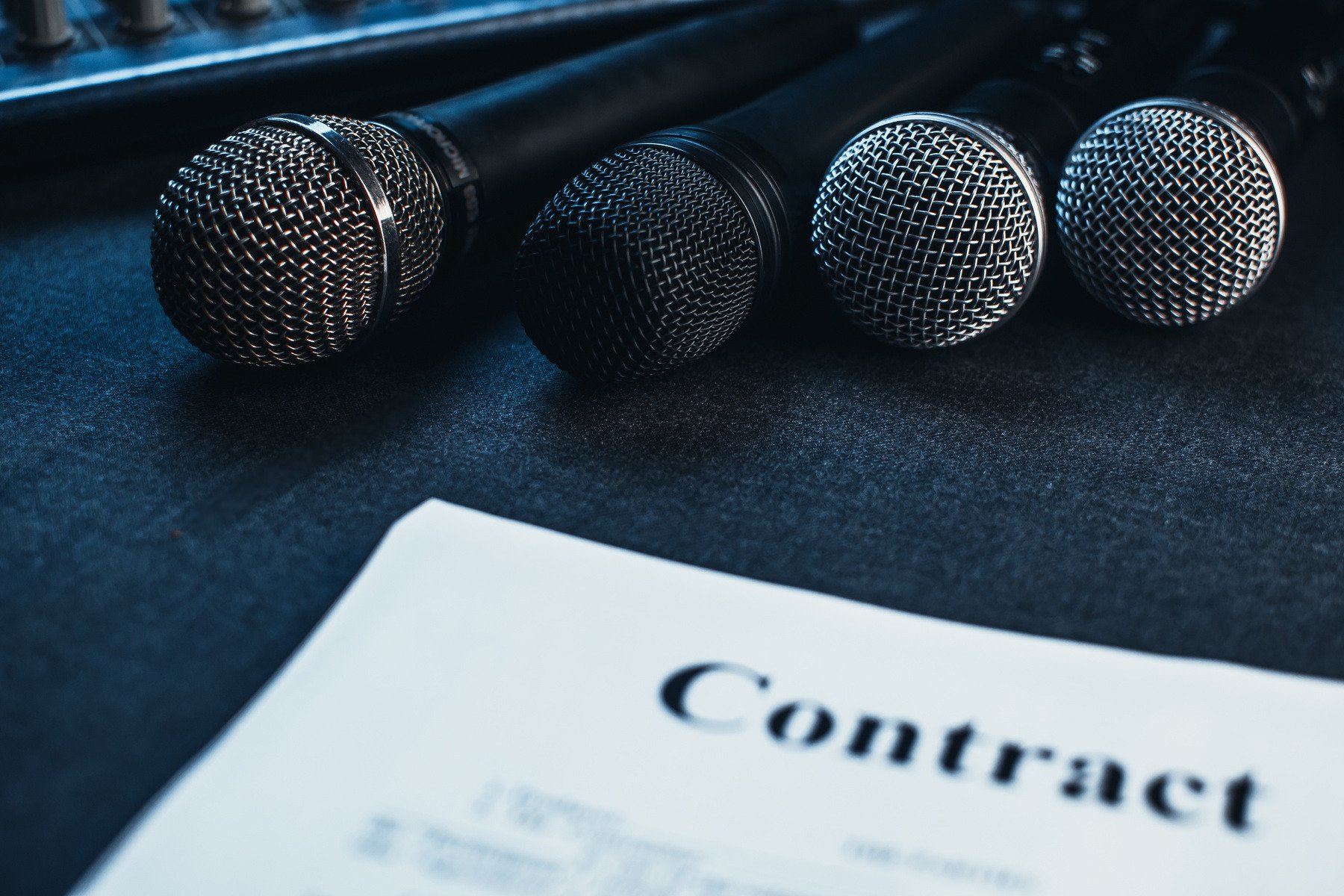
It’s a common question: what drives the cost of an artist partnership up (or down)? I mean, an artist’s fee can range from four to seven figures…and...

A while back, we looked at why music helps brands strike a chord with fans. With all of the changes in our lifestyles and habits, we decided to...
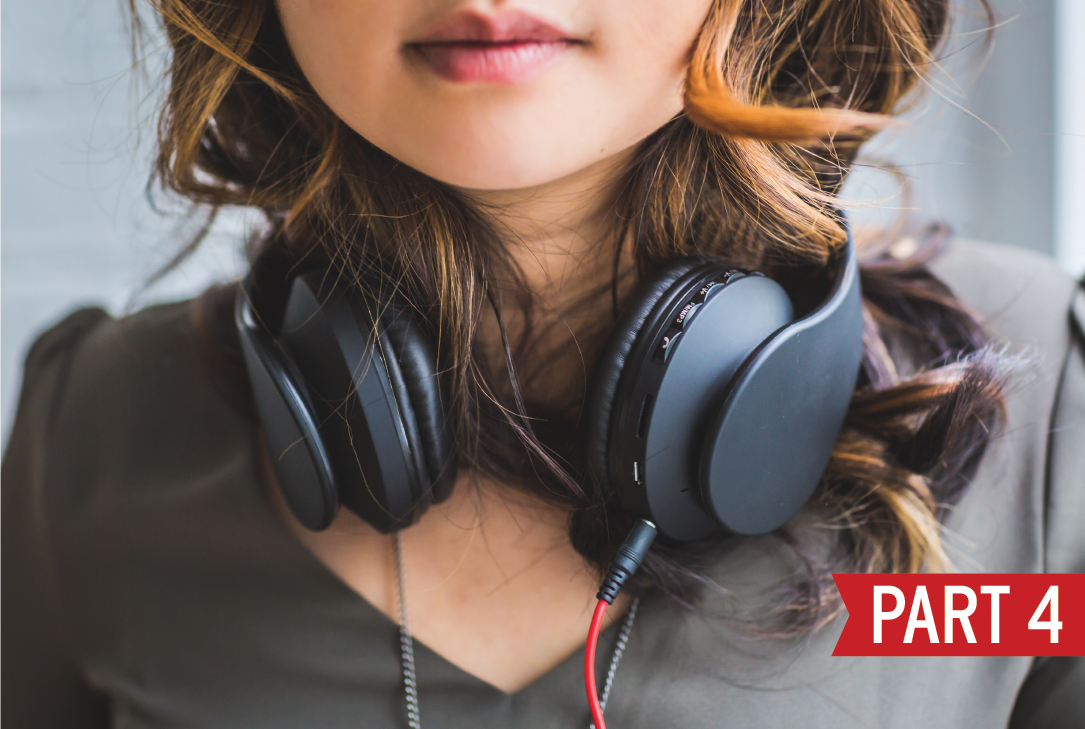
So far in this series, we have focused on the way music can define us as individuals, as well as the power music has to connect us across cultures. ...
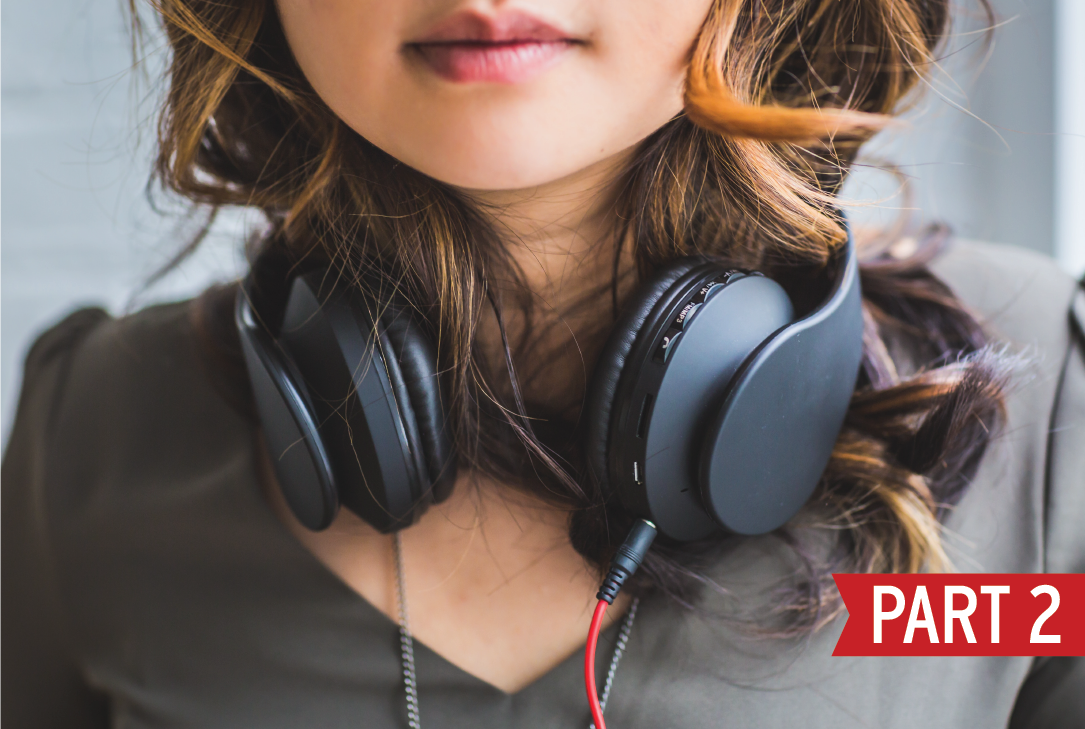
Last week we discussed the power that music has to connect brands with consumers. This week, we delve more into the insight that marketers can learn...